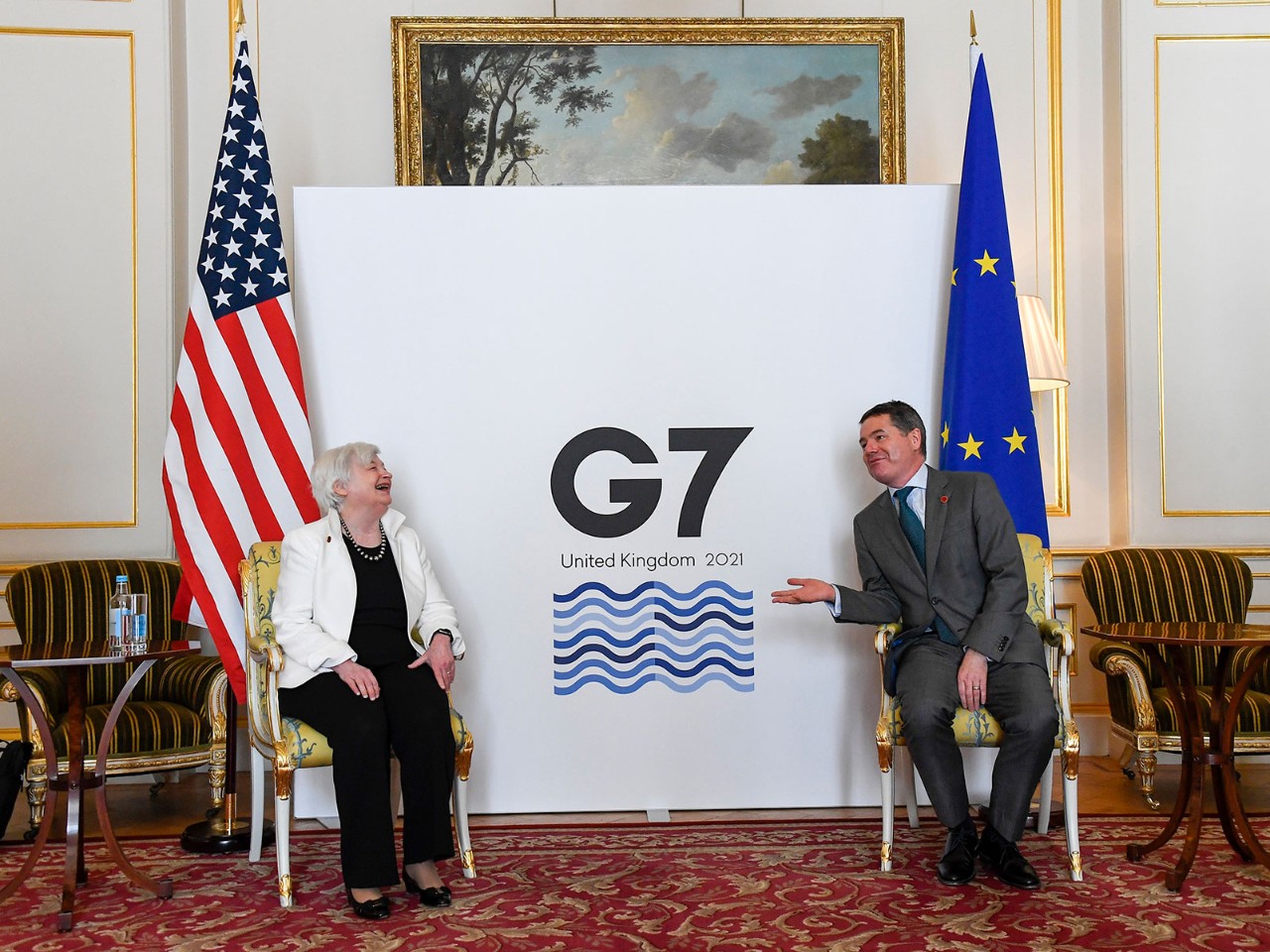
Debt update
The Insolvency Service of Ireland (ISI) has continued to operate during the pandemic and its latest annual report notes that it processed 1,232 personal insolvency arrangements (PIAs), debt settlement arrangements (DSAs) and debt relief notices (DRNs) in 2020, down 200 on the previous year.
Bankruptcies halved from 263 in 2019 to 130 in 2020. Given the various moratoriums on debt and repayments, that fall is not unexpected notwithstanding the difficult financial situation people might have encountered during the lockdowns.
The Money Advice and Budgeting Service (MABS) issued 1,833 vouchers under the Abhaile scheme for obtaining advice from a professional in 2020. ACCA members participate in the scheme, making themselves available either as accountants or as personal insolvency practitioners (PIPs) to provide advice to mortgage borrowers in danger of repossession.
In 2020, professional advisers recommended a PIA to 71% of people referred to them, with 97% of those doing so remaining in their home following the PIA process. Of the people who used the Abhaile scheme, another 15% ended up with an alternative informal solution, 4% used the mortgage to rent scheme, and 4% entered bankruptcy.
Where creditors reject a proposed PIA, the PIP can apply to the court for a section 115 order, and there were 402 such applications in 2020. To date there has been a 48% approval and 52% non-approval rate for s115 applications. There is now a significant body of jurisprudence of what will and will not be accepted by the courts, and links to the significant cases are included on page 10 of the annual report.
Personal insolvency
The Personal Insolvency (Amendment) Act 2021 came into force on 25 June 2021. The conditions for being allowed to seek a review by the court of the refusal by a creditor to agree to a settlement have been eased. The asset limit allowed for DRNs has been increased from €400 to €1,500. There is also an extension of the protective period to allow a PIP more time to put together a PIA.
AML
The Central Bank has updated its guidance on anti-money laundering and countering the financing of terrorism. The update reflects the changes brought about by the enactment of the Criminal Justice (Money Laundering and Terrorist Financing) (Amendment) Act 2021.
The ethical auditor
The revised ethical standard for auditors in Ireland became effective as of 15 July. The new standard has an increased emphasis on independence and objectivity resulting in a number of additional restrictions on non-audit services. There is an enhanced role for the ethics partner, additional restrictions on acting in a management role, and restrictions on gifts and hospitality. The cooling off period for key audit partners has also been reduced from five to three years.
The Ethical Standard for Auditors (Ireland) 2020 includes a new requirement for audit firms to make reports of any breaches to ACCA, or if they are regulated by the Irish Auditing and Accounting Supervisory Authority (IAASA), then to report to IAASA. Industry-wide professional guidance on how and when this report should be made is available from ACCA.
Note that the IAASA standard diverges from the UK ethical standard, so firms with UK clients will have slightly different requirements.
Firms may complete engagements relating to periods commencing before 15 July 2021, in accordance with existing ethical standards. Engagements to provide previously non-prohibited non-audit services entered into before 15 July 2021, and for which the firm has already commenced work, may continue until completed in accordance with the original engagement terms, subject to the application of appropriate safeguards.
Online sales
As of 1 July, the purchasers of low-value goods from outside the EU may have to pay VAT and duty – see Revenue guidance. There should be no additional VAT to pay on goods purchased from within the EU, although duty will be levied on alcohol and tobacco.
From 1 July, the e-commerce rules have changed and the Mini One Stop Shop (MOSS) for VAT has become the One Stop Shop (OSS). The OSS simplifies VAT obligations for businesses selling goods and services crossborder to final consumers in the EU. Traders importing from the rest of the EU may register for the Import One Stop Shop (IOSS), which allows traders to settle their EU VAT liabilities in one place.
Free training
FRS 102 is based on IFRS for SMEs, and the latter standard has a suite of free-to-access training material. There are 35 training modules, including a number on consolidations.
Looking for staff?
There is a shortage of accountants at all levels but particularly accountants with audit and SMP experience. The ACCA jobs board offers a job listing service for members which can be free for many employers.



